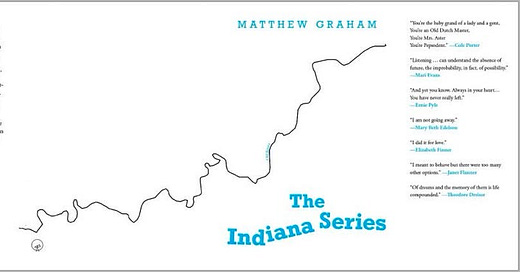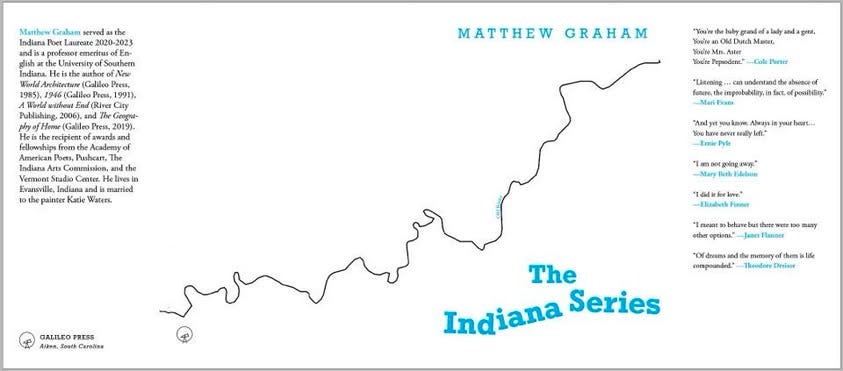I went to visit my ancient mother for a few days last week. She made an elaborate fuss over preparing two hard boiled eggs. "I've been making them for 89 years," she said. Acted like there were dozen of steps required. Like a poem about nothing with many stanzas and turns that mean everything. Two or three eggs are mostly all I seem to eat these days. Now and then, maybe a vegetable that ripens underground. While she pestered the water, she smiled like a deaf person at a Tom Verlaine concert—sort of angel seeming--and twice she turned from the gas burner to glance at me in case my lips were moving.
I pawed through her to-be-read collection. Like any true book lover, she had a rich story to explain how each had come into her possession--what led her to purchase the book, what she had for lunch that day, what she had dreamed the night before, who was president at the time. And so I came upon The Truth Will Out: Unmasking the Real Shakespeare, by Brenda James and William D. Rubinstein. From the foreword: "Shakespeare knew well the advantages and dangers of hiding oneself: Imogen, Rosalind, Celia, Julia, Portia, the Duke of Vienna in Measure for Measure, Henry V on the eve of the battle of Agincourt, Kent to protect his beloved Lear, Hamlet to protect himself and, of course, Viola. They all use disguise to protect themselves, discover, test, and prove truths about others, or just get closer to people without being discovered. Shakespeare is the master of hiding and revealing.”
We too agonize over biographical details. We are sometimes astrological, asking contributors to share their signs and rising planets. Or else we can be secretive too, coding a detail intended for an audience of one.
We are mostly readers at Galileo Press. The little writing we do just happens like accidents of destiny. Still, I wish cover letters to us said a few words about what the author is reading, what they just read, what they want to read again. It’s not always about promoting your birdsong or the fish you speared in your beak; it’s also about what you saw on that journey from Venezuela to Florida to the Chesapeake Bay. Sure, tell us about your backyard in a way that only you can write. And then get out. Get out of your backyard and tell us about soaring over the Gulf of Mexico by night. Tell us what you saw, what you hid, what you revealed.
The last days of April and the first days of May are a frantic theater fortnight. It’s the last chance for plays and musicals to be considered for the Tonys. We’re excited for Caitlin Stephens, one of our one-minute playwrights whose Lincoln Center debut was May 5 for her full length comic drama Five Models in Ruins, 1981. Elizabeth Marvel stars, Morgan Green directs. Last year, The New Yorker described Stephens as “tasteless, immoral, and artistically hazardous.” Stephens made baseball hats with that smear. Like Tom and his bassist Fred Smith, the way she combines angular guitar artistry with conventional anchoring is exactly what we want in our one minutes.
We’re open for our annual manuscript submissions and as usual we don’t know exactly what we’re looking for. One thing is certain: we meet some of our authors in the lobby and we meet some of them in the alley out back. Wherever you’re most comfortable, we’ll meet you there. If you’re sending us a collection of poems or stories or anything please let us know if we can consider any unpublished remnants for the magazine as well. And tell us what you’re reading.
If you need me I’ll be eating a radish.







This made me laugh!!! And I haven't been laughing lately. I don't know why. Life seems hard right now. I haven't needed to speak with you so I haven't bothered your radish-eating: that crisp white- and-red, hot and spicy! I hope it was magnificent!!!!
This is one of the most wonderful pieces you've ever written--"vegetables that ripen underground." I'm going to be smiling about that all day.